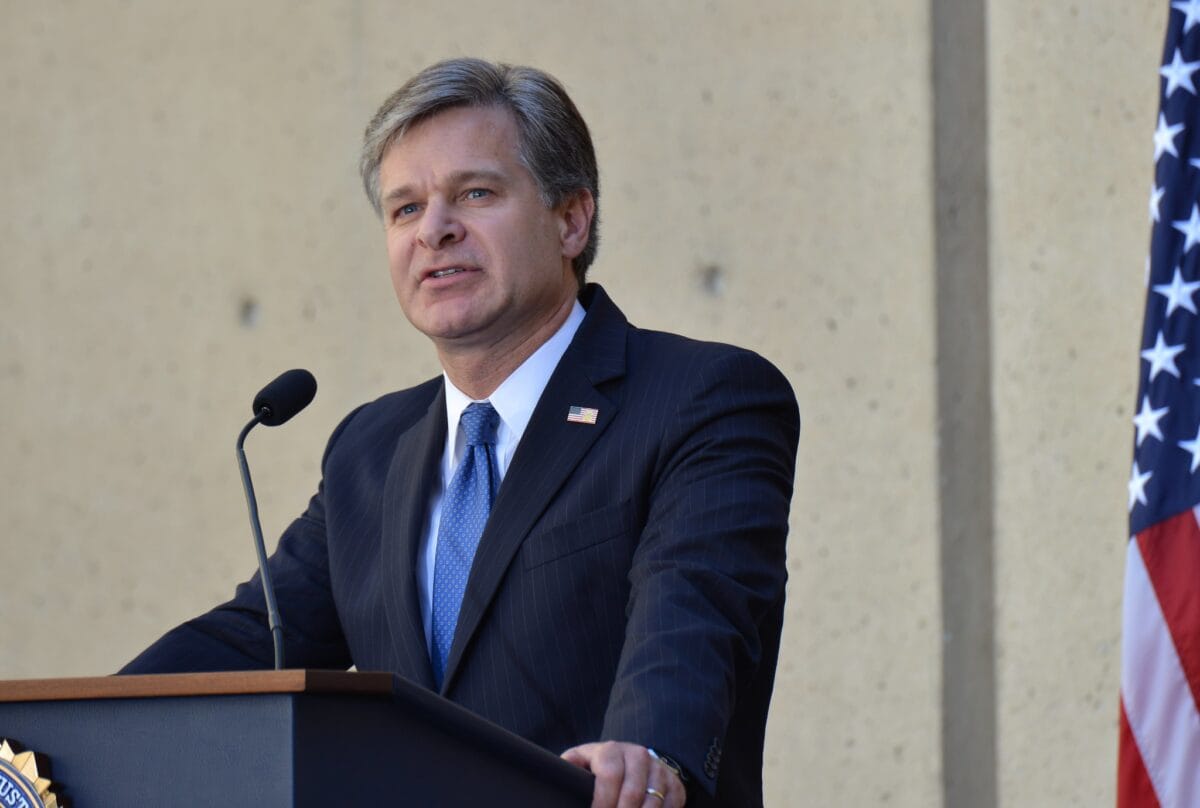FCC Looking at Discrimination Data Sharing, Push for Antitrust Bills, FBI Warns of TikTok Threat
The FCC and the Equal Employment Opportunity Commission are said to be looking at data-sharing deal.
Zoey Howell-Brown

November 16, 2022 – The Federal Communications Commission and the Equal Employment Opportunity Commission are looking to work together on a new data sharing agreement intended to address discrimination complaints against the telecommunications companies, according to reporting from Law360 on Tuesday.
According to a 2021 report by the Government Accountability Office, the EEOC and the FCC no longer have an agreement to get EEOC to share enforcement data with the FCC. Currently, the FCC relies on companies to self-report discrimination complaints during the licensing and renewal process and when a company is selected for an EEO audit, the report notes.
“The plan right now is to continue these discussions as we determine how best to implement the GAO recommendation,” said FCC Chairwoman Jessica Rosenworcel in a letter to Rep. Joaquin Castro, D-Texas, on November 4. “Our staff will use the prior MOU as a guide but will assess whether changes are needed and update the document accordingly.”
“The staff also will review the type and format of the information that the EEOC collects to determine what data would be helpful as well as the best time frame in which to receive it,” she added.
Castro raised concern about the low percentage of Hispanic workers in media markets.
“Without Latino voices to tell Latino stories, the void in our narrative becomes filled with harmful stereotypes about Latinos that are dangerous for our community and for the country as a whole”, said Rep. Castro (D-Texas), in a letter to the FCC in October, requesting follow-up on the GAO’s report.
Public Knowledge, other public interest groups want antitrust bills passed
Over 40 public interest organizations, including Public Knowledge, are urging congressional leaders in a letter on Wednesday to pass two antitrust bills cracking down on Big Tech practices including product self-preferencing and third-party payment options on app stores.
The American Innovation and Choice Online Act is intended to keep big technology companies from giving preference to their own products, over others, on their own platforms. The Open Markets App forces online app store owners to allow payment options from third parties where previously they did not. Apple has been in a legal battle with Epic Games about the latter allowing users of its games to purchase items through its games, thereby bypassing Apple’s store fees.
Both bills were passed by the Senate Judiciary Committee and heads to the Senate floor.
“The bills are common-sense, compromise legislation that have the support of a wide range of stakeholders,” said the letter, which is directed at Senate and House leaders. “They are the culmination of a multi-year bipartisan investigation into Big Tech, exhaustive hearings, and expert analysis. We join with the Biden administration in urging you to make these bills a priority in your upcoming session.”
FBI director says TikTok could pose national security threat
The director of the Federal Bureau of Investigations told a House Homeland Security committee on Tuesday that the agency is concerned about the national security threat posed by Chinese-owned video sharing app TikTok.
“The Chinese government could use it [TikTok] to control data collection on millions of users or control the recommendation algorithm…for influence operations…or to control software on millions of devices which gives the opportunity to potentially…compromise personal devices,” FBI director Chris Wray told the committee.
Experts and U.S. officials have warned about the Communist government’s influence on all Chinese companies, alleging these companies will siphon data to their government for profiling and surveillance purposes when required to do so.
In April of this year, the Financial Times reported that TikTok was under investigation by the Department of Homeland Security over accounts that circulated or created child sex abuse material.
FCC Commissioner Brendan Carr has been an outspoken critic of the app, calling for its outright ban in the U.S.










Member discussion